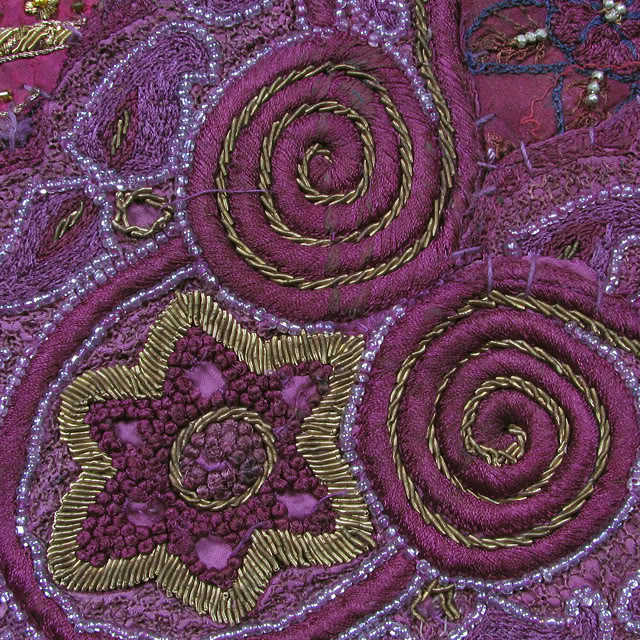===
0084,
1
===

|
=== |
 |
nipaṭ : 'Completely, thoroughly, quite, very, extremely, exceedingly, excessively'. (Platts p.1122)
dārū : 'Medicine, drug; remedy, cure'. (Platts p.500)
FWP:
SETS == MUSHAIRAH
MOTIFS == WINE; WINE-HOUSE
NAMES
TERMS == RHYMELike a good mushairah-verse, this one has a teaser of a first line-- what is the 'in it' where the speaker, brimming glass in hand, wants to die? Not only do we have to wait (as long as is conveniently possible) to hear the second line-- but even then, at the cost of some convolutedness the second line withholds its 'punch' as long as it possibly can, so that the answer to the question forms the last word in the whole verse (since this ghazal has no refrain).
There's one more bit of nice word/meaning play, in the piquant interplay between 'to die' and 'medicine'. The word dārū , literally 'medicine', is often used for wine. If someone takes 'medicine' and then dies, then either the 'medicine' didn't work (a possibility ruled out by the wish to die in the first line), or the 'medicine' was intended to bring about death in the first place. Now we're deep into mystical territory.